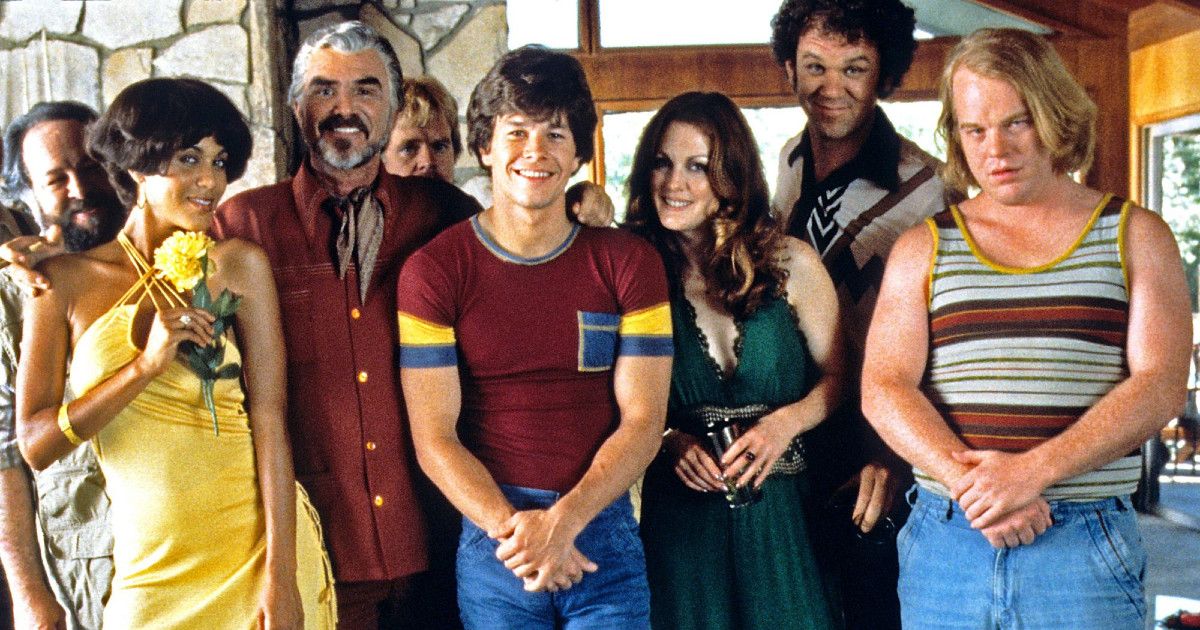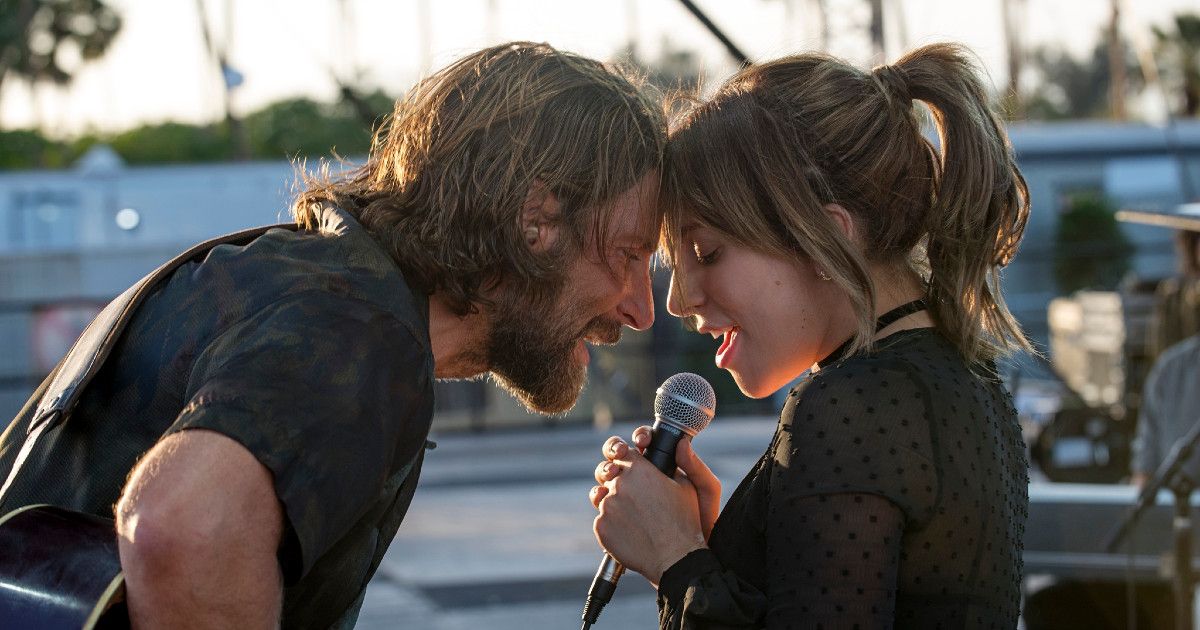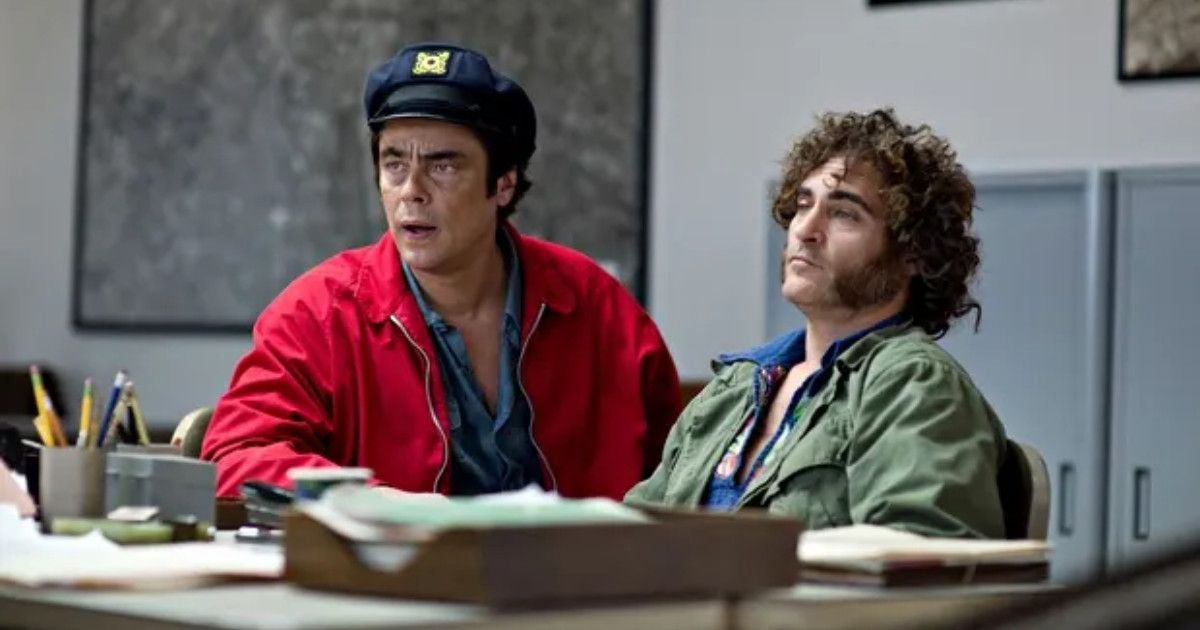Plenty of people have been snubbed throughout the history of the Academy Awards. Based on a popular consensus, at least. One of the greatest injustices in the association’s history is the fact that American filmmaker Paul Thomas Anderson has never won an Oscar.
He’s been nominated for four disparate awards at the prestigious ceremony: Best Picture, Best Director, Best Original Screenplay, and Best Adapted Screenplay. Plus, he's been pretty consistently snubbed at other major award associations, as well — three Golden Globe nominations with zero wins, and eight BAFTA nominations with one win (Best Original Screenplay for Licorice Pizza from 2021).
Plenty of other filmmakers have been snubbed throughout history as well, such as Alfred Hitchcock, David Fincher, and Stanley Kubrick — although, that last creative is technically credited with an award for Best Visual Effects thanks to his work on 2001: A Space Odyssey (1968). That just wasn't one of the major awards that audiences have come to associate with juggernauts of the industry such as those.
Other Creatives Throughout History That Haven't Won an Oscar
Plenty of actors have been snubbed by the Academy of Arts and Sciences throughout the years. As have screenwriters, and directors, and just about every individual profession you could muster from the industry with respective categories at the Oscars. But there are some creatives who specialized in various crafts of filmmaking — not just acting or directing.
Firstly, some major talents of multiple regards include a long list of auteurs — French for “author”, which essentially describes writer-directors or filmmakers who consistently carry out a specific and stylized vision throughout their career. Guys like Akira Kurosawa, Jean-Luc Godard, Andrei Tarkovsky, Alfred Hitchcock, and David Lynch all fit wonderfully into that category.
And they were all ignored left and right to their own extents. Kurosawa, Lynch, and Hitchcock accrued one, four, and five, respectively, and were all snubbed of wins. Meanwhile, Godard and Tarkovsky failed to garner a single nomination in general. But, here’s the thing: that’s only ten nominations in total between the five of them, and, again: PTA has received eleven. It’s as if he’s as the nerdy kid in high school, constantly showing up to parties he received reluctant invitations to, only to sit in the corner drinking alone and never getting asked to dance.
Clarence Brown received six nominations for Best Director without a win. That’s an impressive number just in terms of recognition, but in terms of versatile creatives at the Academy Awards, an example of someone with nominations in various categories would be Peter Weir. Between four Best Director nods, one for Best Picture and one for Best Original Screenplay, the only Oscar to Weir’s name is of the Honorary ilk.
Meanwhile, famous American actor Bradley Cooper received four nominations for Best Film (as a producer), three for Best Actor, one for Best Supporting Actor, and one for Best Adapted Screenplay. He won none of them. That’s a pretty diverse set of nominations, though, and ultimately, those eight total nods just make PTA look even more impressive with regard to his history at the Oscars.
A Brief History of PTA at the Academy Awards
With nine feature films under his directorial belt, PTA was only denied individual nominations for three of them: first was Hard Eight (1996), his directorial debut. It’s not that it wasn’t acclaimed, but it was a project on far too small a scale for the Academy to pick up on at the time. It didn’t exactly feature any standout performances, and really, the only nomination it could feasibly have been nominated for would have been Best Original Screenplay.
His fourth film Punch-Drunk Love (2002) garnered a Golden Globe nomination for lead actor Adam Sandler, but obviously, that’s neither the Academy Awards nor an individual nomination for Anderson. Then, there’s The Master (2012), which received numerous nominations at the 85th Academy Awards: Best Actor for Joaquin Phoenix, Best Supporting Actor for Phillip Seymour Hoffman, and Best Actress for Amy Adams.
Again, though: none of those nominations were for PTA himself. His first nod from the Academy came with his sophomore film, and one of the most famous works of his career: Boogie Nights (1997). It was nominated for Best Original Screenplay, but ultimately came up short to Good Will Hunting (1997) by Matt Damon and Ben Affleck.
His next film to receive a nomination came just two years later with his third feature film: Magnolia (1999). It was recognized for the same category, but PTA lost Best Original Screenplay once again — this time, it was to Alan Ball and his script for American Beauty (1999). Several years down the line, though, Anderson released his most acclaimed movie to-date with There Will Be Blood (2007).
It garnered a total of eight nominations at the 80th Academy Awards, and won two: Best Cinematography for Robert Elswit, and Best Actor for Daniel Day-Lewis. Anderson himself, however, was nominated thrice: once for Best Picture, then Best Director, and again for Best Adapted Screenplay. Here’s the kicker, though: he lost all three awards to No Country for Old Men (2007) by Joel and Ethan Coen.
Had the famous pair of sibling filmmakers released their seminal neo-Western in any other year, Paul Thomas Anderson would undoubtedly have all three of those golden statuettes to his name, and this whole case would be rendered kaput. He did come up short, though, as he would again several years down the line with Inherent Vice (2014). It was nominated for Best Adapted Screenplay, but ultimately fell short to The Imitation Game (2014) by Graham Moore.
Then, there’s Phantom Thread (2017). It also starred Day-Lewis, who once again picked up a Best Actor nod, but he came up short this time to Gary Oldman for his work as Winston Churchill in Darkest Hour (2017). With regard to PTA, though: he received nominations for Best Picture and Best Director, but lost both to Guillermo Del Toro for The Shape of Water (2017).
Finally, Anderson’s most recent film Licorice Pizza (2021) once again picked up nominations in his three primary categories: Best Picture, Best Director, and Best Original Screenplay. He wouldn’t win any, with all of those awards going to three separate pictures. That brings his total nomination count to eleven, and with his tenth film slated to release in 2024, he could very well receive several more nominations in no time at all.
Is Time Running Out?
After his debut Hard Eight (1996), Paul Thomas Anderson got right back to work and released Boogie Nights (1997) just one year thereafter. Just two years later he put out Magnolia (1999), and three years after that he wrote and directed Punch-Drunk Love (2002). That’s tremendous output for an auteur, with four feature films released in just a seven-year time span. But after that streak of critical successes, he wouldn’t drop his next hit for five more years.
And then, after There Will Be Blood (2007) finally came out, he took another five-year hiatus to create The Master (2012). He got back on track for a while with Inherent Vice (2014) and Phantom Thread (2017) in that same decade, but once again took his time with his next project as Licorice Pizza (2021) would release four years later.
Now, he's set to release his next film in 2024, under the working title Vineland. It will be based off a novel of the same by American author Thomas Pynchon, who Anderson has already adapted a movie from once before. And considering Inherent Vice joined the long list of screenplay nominations doled out to Paul Thomas Anderson, it's safe to make the assumption that Vineland will join those ranks, as well.
Of course, winning the nomination is a different discussion entirely. And considering PTA has only won a single award throughout twenty-two nominations at the Academy Awards, BAFTAs, and Golden Globes combined, there's absolutely no telling whether he'll walk away with a win. He could very well pick up nominations for Best Director and Best Film again, too. But considering he'll be at least fifty-three when his next film releases along with the fact that he releases a new project only once every 2.7 years, he may only have a few shots left to get the Oscar he's been longing for.



